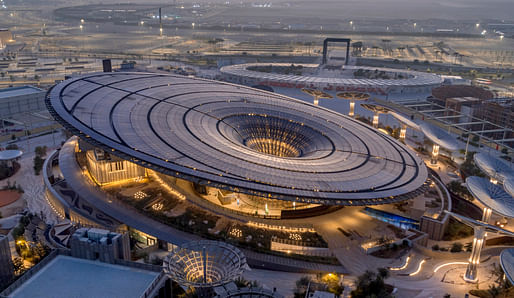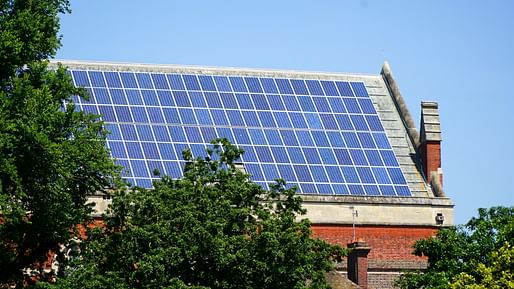

A climate deal has been struck by global leaders at the COP28 UN climate summit in Dubai following days of negotiations. The agreement calls for all countries to move away from using fossil fuels, though stops short of phasing them out. The final text, signed by 200 countries, recognizes a “need for deep, rapid, and sustained reductions in greenhouse gas emissions.”
The pact calls on countries to “transition away” from fossil fuels for energy systems but not for other sectors such as plastics, transport, or agriculture. At the beginning of the conference, the hosting UAE president had proposed a deal to “phase out” fossil fuels entirely; language explicitly called for by a coalition of over 100 countries. However, an initial draft of the deal removed the reference to “phasing out” fossil fuels, as did the final agreement, leading one delegate representing small island states to claim the final text contained a “litany of loopholes.”
Among the commitments in the deal are a tripling of renewable energy capacity worldwide by 2030, the phasing down of coal usage and limiting the number of new coal power stations, a transitioning away from fossil fuels in a “just, orderly and equitable manner” to achieve net zero by 2050, and a substantial reducing in non-CO2 emissions such as methane by 2030.

Amid the controversy over language being crafted for a final text, the group Architecture 2030 released a statement warning that a failure to adequately address the phasing out of fossil fuels meant delegates “will fail to meet the moment.”
“For those of us who plan, design, and steward our built environment, our fossil-fuel-free future must start now,” the statement read. “We already have the necessary skills and technologies. We can use our influence over the supply chain and our relationship with clients to move the industry towards zero carbon. And we must continue to advocate for local and state policies to require the right action.”
“Our actions must consider the full impact of buildings and cities, and address their entire lifespan, eliminating fossil fuels at every phase of design and construction: reducing upfront embodied carbon, adopting regenerative and nature-based solutions, designing for deconstruction and circularity, accounting for landscape and infrastructure, and expanding usable lifespan,” the group added.
No Comments
Block this user
Are you sure you want to block this user and hide all related comments throughout the site?
Archinect
This is your first comment on Archinect. Your comment will be visible once approved.